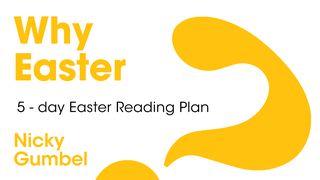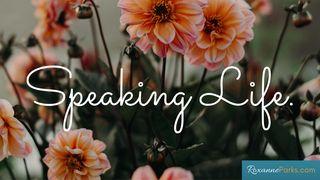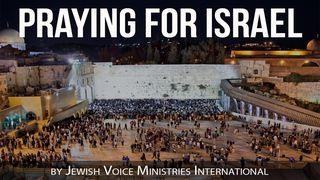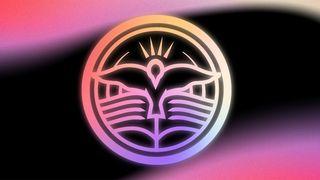Resilience ResetSýnishorn

Day 2: Remember How to Breathe - When God Feels Like Silence
Three months after losing his job in a devastating round of layoffs, Tom found himself constantly holding his breath. He'd catch himself in the middle of the day, shoulders up by his ears, chest tight, taking quick, shallow gulps of air like he was preparing for the next blow to fall.
"I keep waiting for the other shoe to drop," he told me. "I feel like I can't relax for even a second, or something else terrible will happen."
It hit me that Tom had been living in a constant state of spiritual and physical emergency for months. His nervous system was stuck in crisis mode, and his breathing reflected it—quick, panicked, never quite getting enough air.
"Tom," I said, "what if we started by just teaching your body that you're safe enough to breathe?"
When Crisis Becomes Your Normal: After loss or trauma, our bodies often get stuck in emergency mode. What psychologists call "hypervigilance"—that constant state of scanning for danger, waiting for the next crisis—becomes our new normal. We breathe like we're under attack because, in some ways, we feel like we are.
But here's something profound: God designed our bodies with an amazing ability to signal safety to our brains through our breath. When we breathe slowly and deeply, we literally tell our nervous system, "It's okay. You can rest now."
The Breath of God: From the very beginning, breath has been God's gift to humanity. In Genesis, God breathed into Adam's nostrils the breath of life. The Hebrew word ruach means breath, wind, and spirit all at once. When we breathe intentionally, we're connecting with the most fundamental way God sustains us.
Even when God feels silent, even when prayers seem to bounce off the ceiling, your breath is a constant reminder that He is still giving you life, moment by moment.
Sacred Breathing in the Silence: After my church firing—blindsided on my birthday with a simple "it's time for you to go"—I spent months in what felt like God's waiting room. I'd pray and hear nothing. I'd beg for direction and get silence. But I learned something during those car lot days selling sedans instead of preaching sermons: sometimes the most honest prayer is just breathing.
Proverbs 3:5-6 (NIV) became my lifeline: "Trust in the Lord with all your heart and lean not on your own understanding; in all your ways submit to him, and he will make your paths straight." I'd breathe those words when I couldn't find any others.
Today's Breath Prayer: Set three gentle reminders throughout your day. When they sound, practice this pattern:
- Inhale for 4 counts: "Even when You're quiet"
- Hold for 4 counts: "I know You're here"
- Exhale for 4 counts: "Your breath sustains me"
- Hold empty for 4 counts: "I trust Your timing"
Don't worry about perfect technique. If 4 counts feels too long, try 3. If holding your breath feels uncomfortable, just focus on slow inhales and exhales. The goal isn't performance—it's connection with the God who is as close as your next breath.
Application: Notice throughout the day how stress affects your breathing. When anxiety spikes or grief crashes over you, return to this breath prayer. You're not just managing stress—you're practicing trust in the God who keeps you alive even when He feels distant.
Your breathing right now is proof that God hasn't abandoned you, even if He seems silent. Every breath is a gift, a reminder that your story isn't over yet.
Prayer: Lord, when You feel far away and my prayers seem to hit the ceiling, help me remember that You are as close as my next breath. When anxiety tries to steal my peace and grief tries to steal my hope, teach me to find You in the rhythm of breathing You've given me. Let each breath be a prayer of trust, even when I can't hear Your voice. Amen.
Ritningin
About this Plan

The Resilience Reset is for anyone walking through loss, betrayal, job termination, health crises, or seasons where God feels silent. Based on Bobby Bressman's book this devotional offers raw honesty instead of spiritual platitudes. This isn't about getting over pain quickly or finding easy answers—it's about learning to walk with God through the valley, discovering that holy pain can become a sacred teacher, and finding hope built on something stronger than circumstances. "Grief doesn't knock politely—it takes up residence. But what if that companion has something to teach us?"
More








